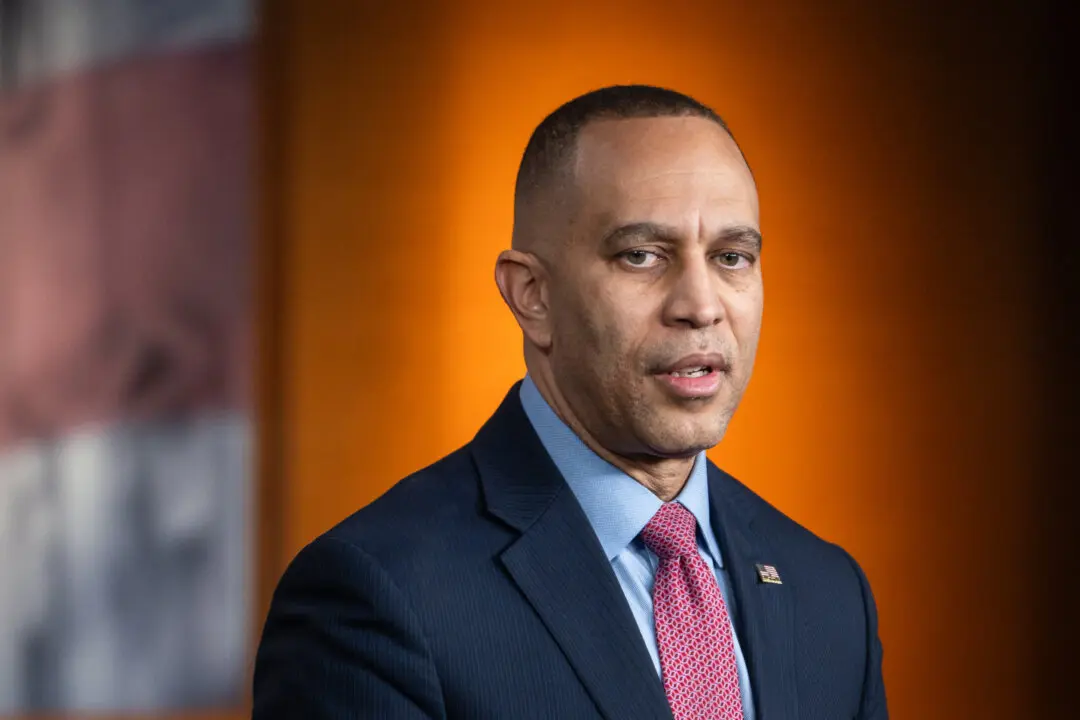Fiji’s anti-corruption agency on Tuesday warned citizens against a suspected “organized movement” behind fake emails inciting racial violence following the arrest of a suspect on the eve of the country’s general election.
The Fiji Independent Commission Against Corruption (FICAC) said that a suspect had been arrested for sending fake emails alleging that churches and temples would be the target of terrorist attacks from Dec. 8 to Dec. 11.





